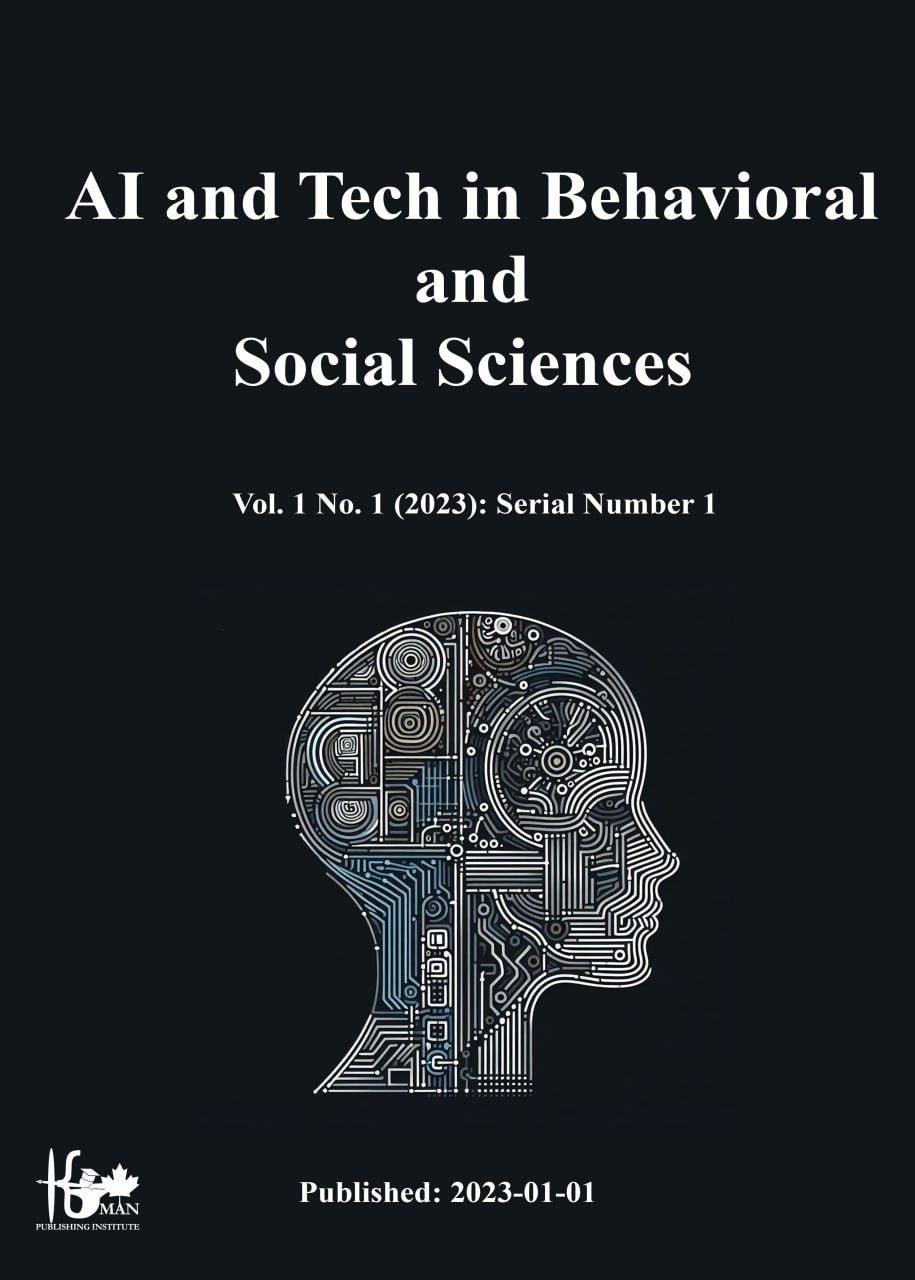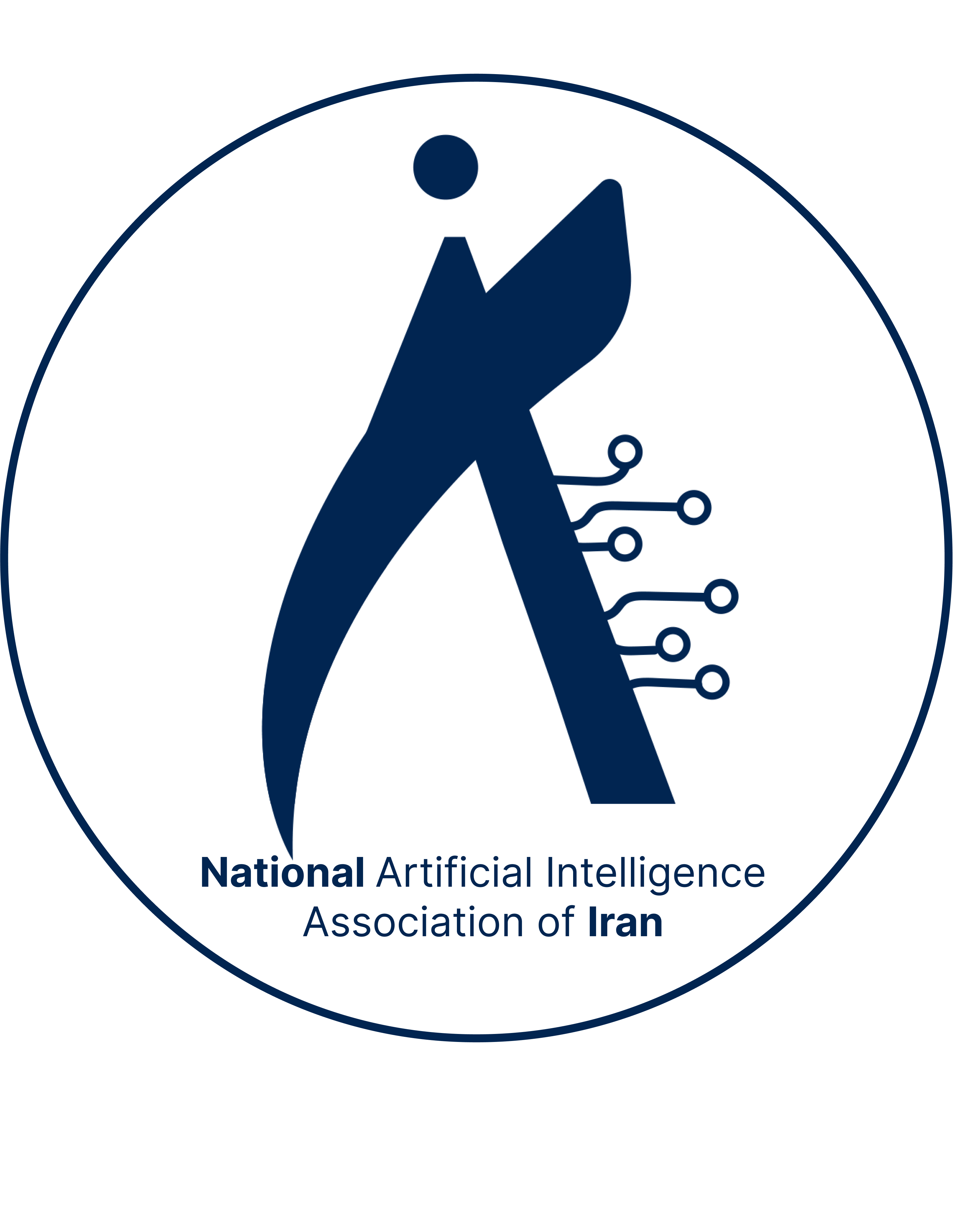The Effect of Two Therapeutic Interventions on Self-Control: Weight Stabilization Cognitive Bias Modification Package and Internet-Based Cognitive Behavioral Therapy
Keywords:
Self-control, Cognitive Bias Modification, Internet-Based Cognitive Behavioral Therapy, Sleeve Gastrectomy, Obesity, Weight StabilizationAbstract
This study aimed to investigate the efficacy of a cognitive bias modification (CBM) package in comparison with internet-based cognitive behavioral therapy (CBT) on self-control in individuals seeking sleeve gastrectomy surgery. This quasi-experimental study employed a pre-test, post-test, and follow-up design with a control group. The statistical population consisted of candidates for sleeve gastrectomy surgery who had undergone the procedure 18 months prior and resided in Isfahan. From this population, 45 individuals were selected through purposive sampling and randomly assigned to three groups: internet-based CBT, cognitive bias modification, and control (15 participants in each group). The CBM and internet-based CBT groups underwent 42 sessions of intervention over six weeks, while the control group received no treatment during this period. Participants were assessed using a self-control questionnaire before and after the intervention sessions, and again one month later. Data were analyzed using a one-way ANCOVA test. The results indicated that both the weight stabilization CBM package and internet-based CBT had positive effects on increasing self-control (P < 0.05). Additionally, internet-based CBT demonstrated significantly greater efficacy compared to the weight stabilization CBM package (P < 0.05). Based on the study's findings, both the CBM package and internet-based CBT were effective in enhancing self-control. Therefore, the use of these therapeutic interventions is recommended to help improve and promote self-control in obese individuals.








